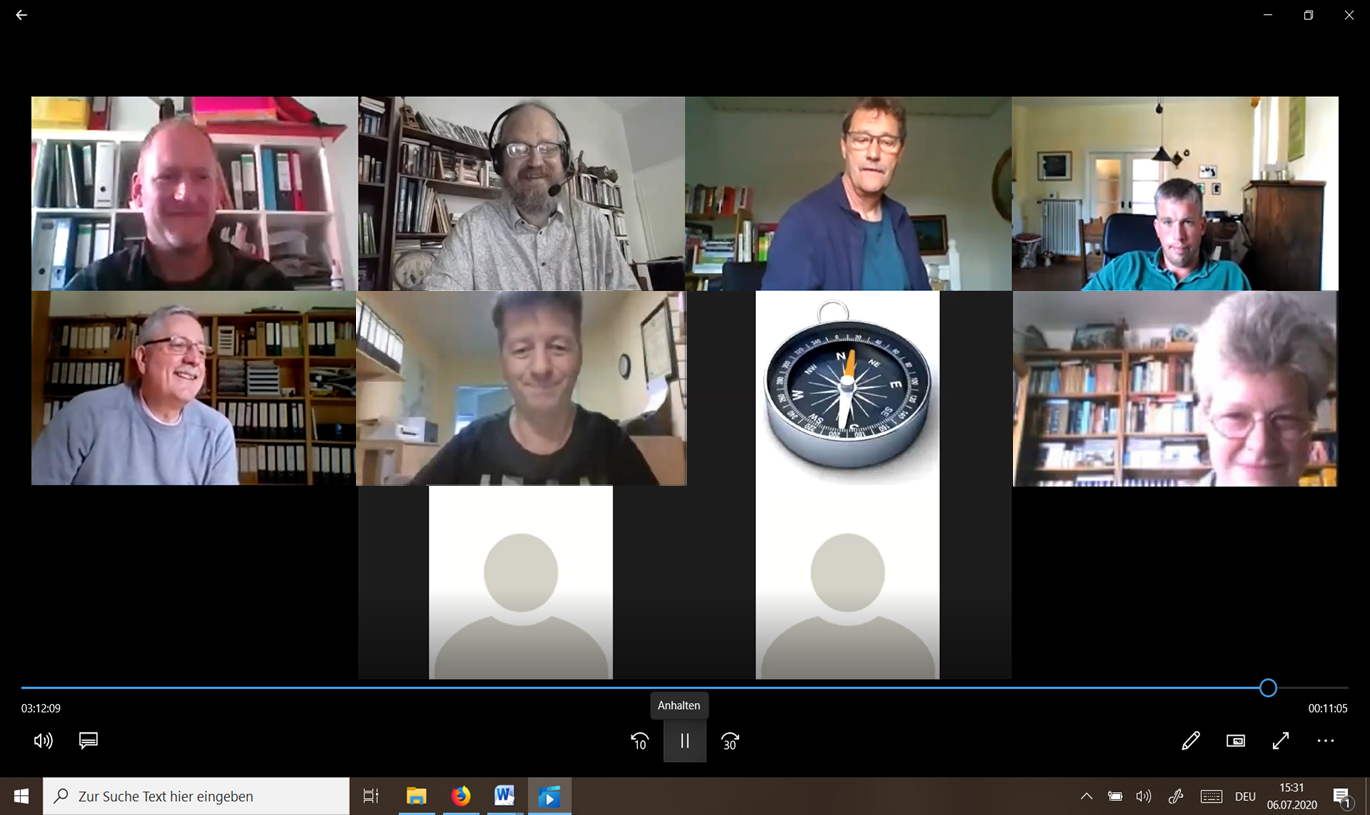Building on previous workshops the aim of the workshop was to co-construct strategies for the implementation of agroecological practices on arable land to address the key sustainability issues of biodiversity loss and water pollution threats without generating significant negative impacts on the economic viability of farms.
With some restrictions due to limited influence of the local actors and settings on, for instance, national or the EU’s decision-making, the transition strategies target the previously identified drivers and barriers. These include, for example, the limited agroecological knowledge of farmers, bureaucracy of policy support and control mechanisms associated with receiving funding for implementing agroecological practices, missing market incentives and lack of added value and conditions in land rental agreements.
Participants discussed and identified enhanced forms of cooperation between relevant actors and changes in market institutions and policy instruments that can effectively address the barriers of implementing agroecological practices. Highlighted forms of enhanced cooperation considered formal knowledge networks with trusted and trained biodiversity and agroecology advisors as intermediaries, local network manager to coordinate knowledge exchange and regional food association with memberships of the key actors. Result-based policy measures were emphasised as an important instrument to reward farmers for ecosystem services provided. The transition strategies will be reported in Deliverable D3.4 and inform the multi-criteria assessment of innovative market and policy instruments with the Multi-Actor Platform and policy recommendations in autumn 2020.
Text/photos: Thünen Institute
